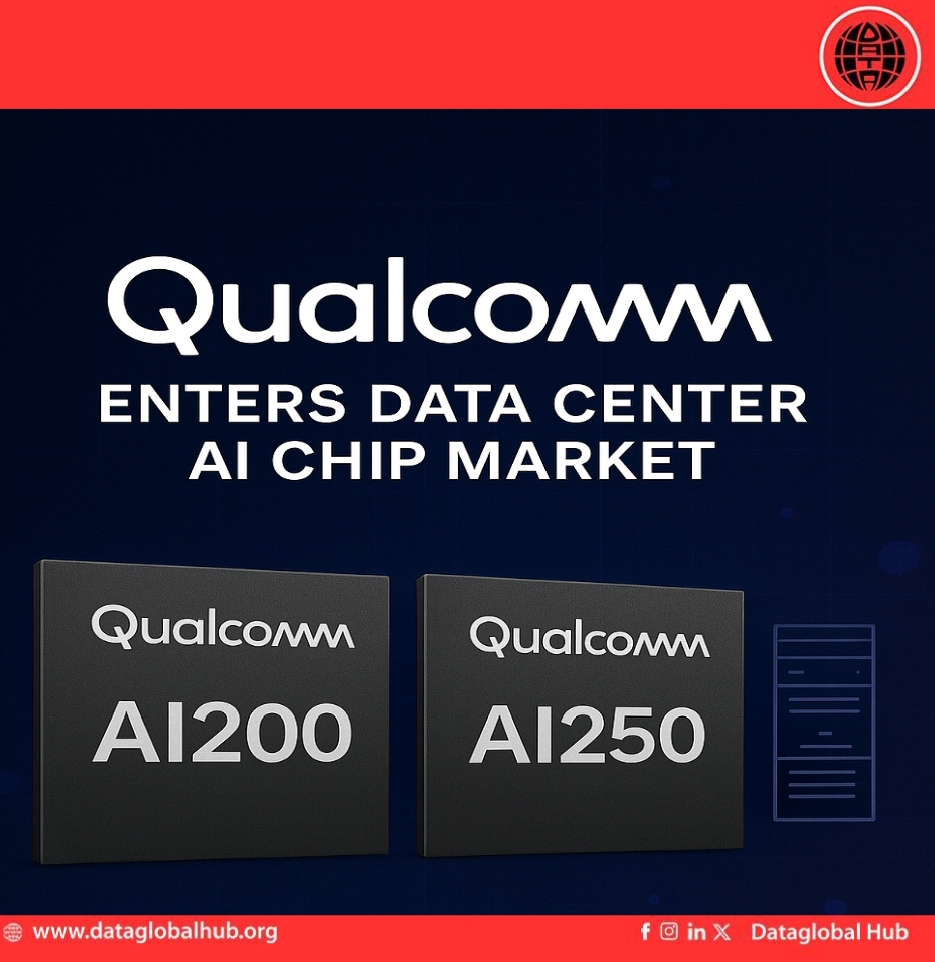
Qualcomm Enters Data Center AI Chip Market, Positioning as New Competitor to Nvidia and AMD
Translate this article
Qualcomm has officially announced its entry into the data center AI chip market, a significant strategic expansion beyond its core mobile business. The company unveiled two new AI accelerator chips, the AI200 and AI250, slated for release in 2026 and 2027, respectively.
This move positions Qualcomm as a new competitor in the high-growth AI data center sector, a market currently dominated by Nvidia and followed by AMD. The announcement was met with strong positive investor sentiment, driving Qualcomm's stock up 11%.
Key Product Details:
Market Context & Competitive Landscape:
The AI data center market represents a massive opportunity, with McKinsey estimating nearly $6.7 trillion in capital expenditures through 2030. While Nvidia holds a commanding market share, major tech companies like Google, Amazon, and Microsoft are developing their own AI chips, and OpenAI has recently signaled a willingness to source from AMD, indicating a growing demand for competitive alternatives.
Qualcomm's entry, backed by its proven AI technology from mobile NPUs and a major partnership with Saudi Arabia's Humain, signals a credible new option for cloud providers seeking to diversify their AI infrastructure and optimize operational costs.
About the Author

Leo Silva
Leo Silva is an Air correspondent from Brazil.
Recent Articles
Subscribe to Newsletter
Enter your email address to register to our newsletter subscription!